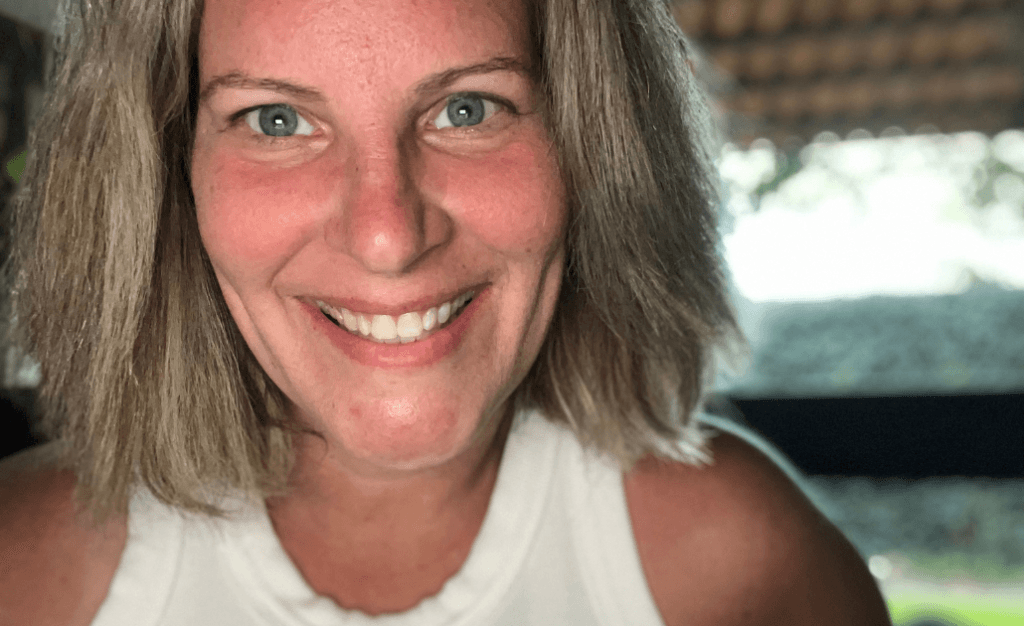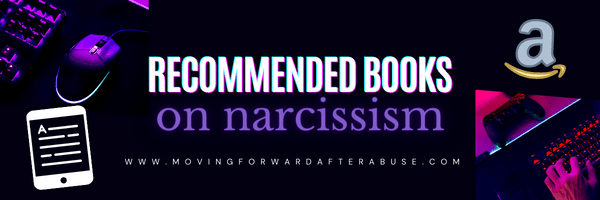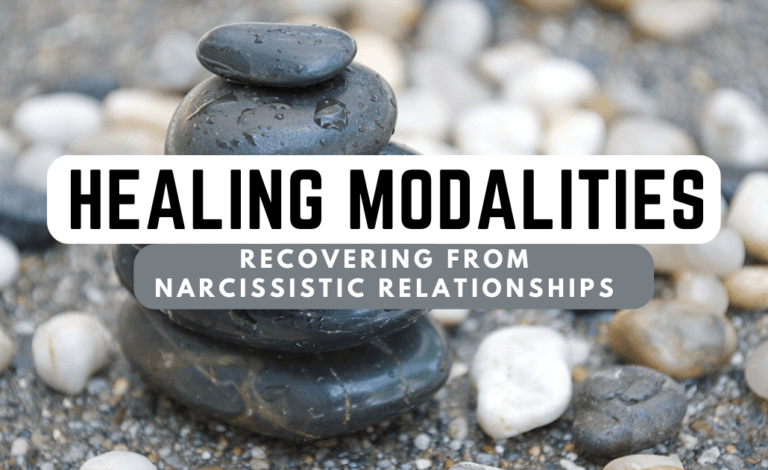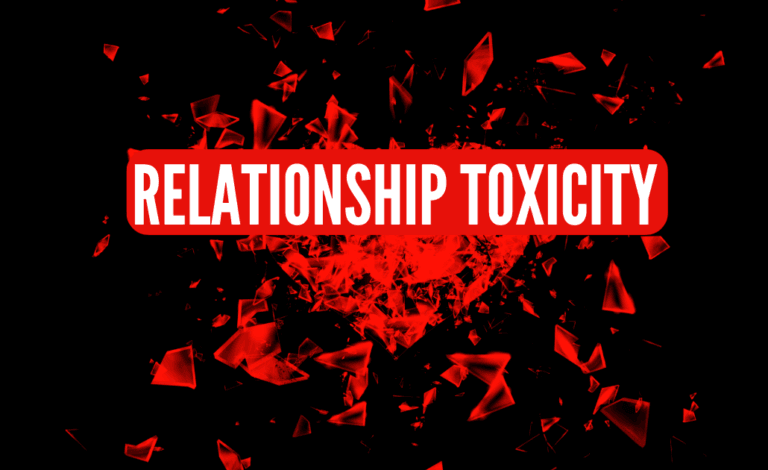3 Incredible Reasons Why the Scapegoat Has the Hardest (MOST CHALLENGING) Time to Heal after Enduring Narcissistic Abuse
The Scapegoat, in a narcissistic family, may have the hardest and most challenging journey ahead of them when they decide they need to heal and recover from enduring narcissistic abuse.
The path is not easy, nor fair.
It’s challenging and it’s not really fun.
But, it’s essential.
If you were the family scapegoat, but didn’t realize it until perhaps you were an adult, stay tuned.
Maybe you felt something was off in your home environment growing up, maybe you tried to come to terms with it much earlier but nothing really clicked until you learned about narcissism and then saw the patterns unfold in your family years later…
I want to encourage you to go to the top of this blog, search for Scapegoat and you will see a plethora of articles geared just for you.
Better yet, here’s the link for Scapegoat.
Why Does the Scapegoat Have the Hardest Time to Heal From all the Dysfunction?
Lack of Validation
The scapegoat in a narcissistic family often is in a role where the family will not be a source to validate the feelings, nor be an emotional support. It’s a zero-sum game. They will not be there for you – especially when you need it the most and they will blame you (directly and/or indirectly) for things that are incorrect or wrong within the family unit.
You won’t be able to achieve a close family connection – it’s a shame because immediate and even extended family is meant to support and build you up. It’s a sad situation – beyond sad, really.
But validation will not be given to you for how you feel toward anything – especially if you call out a family member on something. They will find a way to turn it around on you. Beware.
It takes a hard time to heal from this because you don’t have a genuine, solid support system.
You will learn to rely upon yourself, and this typically means you become self-sufficient, and independent and may have a hard time trusting others.
Cognitive Dissonance
If you were the family scapegoat, you may still struggle with the cognitive dissonance at times, even after you come to learn what it is.
You may still be faced with questioning yourself, having doubt and then having moments of clarity.
Major Self-Doubt/Questioning Experiences
When the scapegoat starts their healing journey, they will be faced with a lot of doubt, and self-doubt.
Their family doubted them and didn’t believe they could accomplish things.
They were put down, directly, indirectly. They were talked about behind their back to extended family. The list of tactics is wide and the scapegoat has to sort through all the tactics including doubting their own abilities to be able to make headway.
It’s not an easy journey as sometime the scapeoat is against their own self as they are trying to heal. They may have to work through self-sabotage, and setbacks.
One thing the scapegoat does have is the determination to keep trying. It may take the scapegoat multiple attempts and do-overs to get it right. They are determined to make sense of their family upbringing, learn from it, make it better for themself, and to move forward better than they were before.
Overwhelmed and Not Sure Where to Start
The family scapegoat may have a hard time to know where to start their healing journey.
Since they try to heal at first on their own, they research and learn, but it can be overwhelming with all the new things they discover.
This is why the healing journey takes time and there is no rush.
Navigating the Healing Journey Alone
If you are navigating the journey alone, and wish to chat with someone on your journey because it a hard journey and we want to be here for you, feel free to visit our page here to learn more.
In addition, we work with Online Therapy, which is a great resource to connect to speak with a professional if you want in depth assistance on your journey.
Please also feel free to avail yourself to the resources we have on our site, the articles, podcast episodes, and other resources to assist you on your journey.
The healing process for a scapegoat can be arduous due to the emotional, psychological, and social challenges they face. It requires a combination of self-awareness, support from others, and a commitment to personal growth in order to overcome the lasting effects of being unfairly blamed and ostracized.
20 TIps For the Scapegoat
Self-Awareness: Recognize the dynamics at play and understand that the blame assigned to you is often a reflection of the group’s issues rather than your personal shortcomings.
Seek Support: Reach out to friends, family members, or a therapist who can provide you with a safe space to talk about your feelings and experiences.
Set Boundaries: Establish healthy boundaries to protect yourself from further mistreatment and ensure that you’re treated with respect.
Self-Care: Prioritize your physical and emotional well-being. Engage in activities that bring you joy and help you relax.
Cultivate Self-Esteem: Focus on your strengths and accomplishments. Remind yourself of your value and refuse to internalize negative labels.
Challenge Negative Thoughts: Combat self-destructive thought patterns by practicing self-compassion and cognitive reframing.
Engage in Therapy: Professional therapy can provide you with tools to process your emotions, heal from past wounds, and develop coping strategies.
Explore Hobbies: Pursue interests that help you build your self-confidence and expand your social network.
Connect with Empathetic Individuals: Surround yourself with people who genuinely care about you and can provide positive reinforcement.
Practice Forgiveness: While it’s not easy, working towards forgiving those who scapegoated you can help you release the emotional burden.
Focus on Growth: Channel your energy into personal growth and self-improvement. Set goals and celebrate your achievements.
Journaling: Write down your thoughts and emotions. This can help you process your feelings and gain clarity.
Mindfulness and Meditation: These practices can help you stay grounded and manage stress.
Educate Others: If appropriate, educate those around you about the dynamics of scapegoating and the impact it has on individuals.
Positive Affirmations: Use positive affirmations to counteract negative beliefs you may have developed due to the scapegoating.
Join Support Groups: Online or in-person support groups can connect you with others who have similar experiences, allowing you to share and learn from one another.
Plan Your Future: Set clear goals for your personal and professional life, focusing on creating a positive and fulfilling future.
Counseling for Group Dynamics: If possible, encourage the group to seek counseling to address the underlying issues causing the scapegoating.
Focus on Healthy Relationships: Nurture relationships that are built on trust, respect, and mutual understanding.
Patience: Healing takes time. Be patient with yourself and celebrate the progress you make, no matter how small.
Remember, recovering from the role of a scapegoat is a journey, and it’s important to prioritize your well-being throughout the process.
My Personal Note to You, The Scapegoat - From One Scapegoat to Another
In the shadow of unjust blame and unearned reproach, I want you to know that your journey is not unnoticed. Your resilience in the face of adversity speaks volumes about your strength. It takes immense courage to navigate the stormy seas of scapegoating…
I want you to realize that you are not defined by the accusations thrown your way. The labels they pinned on you are not your identity. You are a tapestry woven from the threads of your experiences, aspirations, and the countless moments that make you uniquely you.
The pain you’ve endured runs deep, but in the depths of that pain also lies your capacity for healing. Remember that healing is not linear; it’s a journey filled with twists and turns. Just as the scars you bear are a testament to your battles, the healing process will become a testament to your triumphs.
The journey toward healing may be challenging, but it is also transformative. Each step you take, each boundary you set, and each moment of self-care is an act of reclamation. You are taking back your power, one day at a time.
As you walk this path, hold onto the kindred spirits who uplift and support you. They are the ones who see the real you beyond the accusations, the ones who remind you of your worth when doubt creeps in.
Embrace forgiveness, not for the wrongs done to you, but for your own liberation. Forgiveness is not about excusing their actions; it’s about releasing the hold their negativity has on your heart.
In your journey toward healing, never forget that you are deserving of love, respect, and happiness. Your experiences do not define you; they are simply chapters in your story. And the rest of your story is yet to be written—a story of resilience, growth, and the unwavering strength that comes from transcending the role you were unfairly cast into.
With heartfelt sincerity,
Lynn
XO

hardest hardest hardest hardest hardest










This article is saved to my bookmarks to refer to later…I am well on my way to emotional detachment from the golden child, but he keeps coming around and it makes me angry and anxious because I want nothing to do with him. I am the scapegoat and our abusive mother finally died and while I thought the nightmare was over it had only just begun…I discovered that golden child had been her wingman all along….as these sickening realizations were dawning me due to his deplorable behavior just prior to and after our mother’s death, I wanted nothing to do with him. He tried to manipulate me into assuming responsibility for the estate as he was too “traumatized” and never wanted to return by threatening to put the house and contents on the market following day. He knew I would say over my dead body in so many words so he offered me a price to buy him out….I countered with a much lower price and he cheerfully accepted. Suddenly he recovered from the trauma and was dropping hints about visiting…it honestly makes me laugh thinking of it now. Such a foolish person. Had he just asked if I wanted to buy the house without the emotional manipulation he would not have locked the door behind him never to return…they are sick and addicted to control much to their detriment…lately he he has been trying to worm his way back and this angers and distresses me greatly! I simply want him to disappear but you have to handle these things intelligently. He sent a flying to tell me he was sick and he did not get what he expected I am sure. I respond with humor and hints that I like my privacy and do not like to be bothered. This is my nature anyway so his arrogance and hubris is mind blowing. I want him nowhere near me. I remember a therapist told me that I would know I was healing when I could not stand to be in the same room with a toxic person…and that day has arrived. My main concern is how do I get rid of this parasite in the cleanest possible way….he has gotten no emotion from me since I bought the house…I’ve handled everything on my own….I’m a woman in my 6os and pretty good with my hands and relying on myself to get stuff done…I imagine he thought I’d be calling him for help or just being overwhelmed…and it was overwhelming for the first year…I could hardly go in the house…so much trauma happened there…but I’ve prevailed and still standing on my piece of ground with my “don’t tread on me” flag planted firmly. But golden children are weak…and they underestimate the scapegoat…when in reality we are so much more resilient and independent than they will ever be….so now he wants to crawling back for what? Now that I have the power to say NO why would I ever let that poison back into my life? Ulterior motives are a morass…the thought of him makes me sick. He needs to think he’s the good big brother looking out for his crazy sister…I’m not crazy I’m neurotic,,big difference. Told him before I’ll be a sharecropper bu not a slave cuz you know…you are only important for the role you fulfill in these dysfunctional families…once he said to me I OWN THIS HOUSE AND EVERYTHING IN IT….no jacka$$ that would be me! And you are not welcome here.
I think I need a therapist to work through this stuff and BEYOND